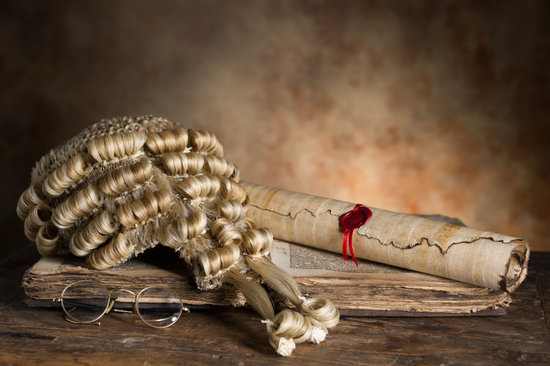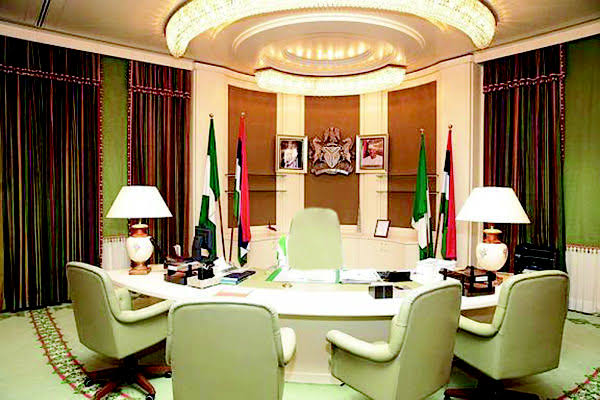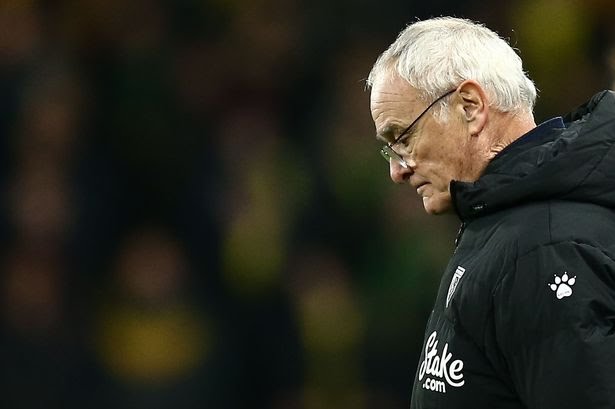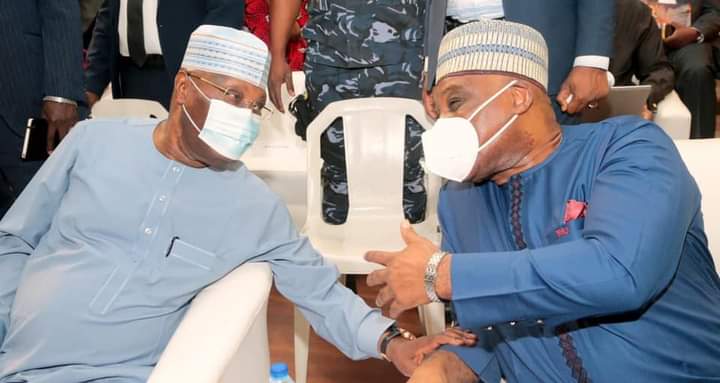Judge's wig with antique book and his glasses
The Nigerian Bar Association (NBA) says it has identified seven lawyers that influenced judges to issue conflicting court orders, especially in political matters.
Speaking to journalists in Abuja on Monday, Olumide Akpata, president of the NBA, said the seven lawyers, including a senior advocate of Nigeria (SAN), were found culpable by its investigating committee.
Akpata said the indicted lawyers would have to defend themselves on allegations of judicial misconduct before the Legal Practitioners Disciplinary Committee (LPDC).
“Some lawyers have been identified to have played roles in conflicting decisions that emanated from different courts recently. They are seven in number, including a senior advocate of Nigeria,” (SAN).
Advertisement
“We are in the process of filing a petition against them before the LPDC. This is based on our determination to ensure that the system is protected, irrespective of those involved.”
A few months ago, different judges issued conflicting orders on the leadership crisis of the Peoples Democratic Party (PDP) and on controversies regarding party candidates for the Anambra governorship election.
Ibrahim Muhammad, chief justice of Nigeria (CJN), after quizzing seven chief judges on September 6, directed the NJC to set up a panel to probe three of them.
Advertisement
In December 2021, the NJC resolved to bar three high court judges from getting promotion for periods ranging from two to five years, after it found them guilty of issuing conflicting ex-parte orders.
Meanwhile, ahead of its 2022 justice sector summit scheduled for Tuesday, the NBA has called for a review of the process for the appointment of judges.
“The NBA believes that there is something not right about the way we appoint judges. The process is not rigorous or robust enough. We cannot expect such a process to be beneficial to the judiciary,” Akpata said.
“We have sent our recommendation to the NJC regarding how we think that the process should be structured to become better and more efficient.
Advertisement
“The process needs to be standardised. While some states subject candidates to examinations, others don’t.
“We have passed the era when someone will sit down in the comfort of his chamber and decide who should be appointed as a judge. There must be a clearly defined process of selecting those that should be appointed as judges.
“This is why the issue of judicial appointment is one of the things that will be discussed at the summit.”
Advertisement
Add a comment






